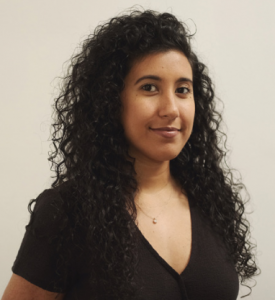Taking Flight: Giving Up the Things that Weigh Me Down
by Karina Malik
For the 1.2 million K-12 New York City public school students, their families, and their 75,000 teachers, the disruptions created by COVID-19 school closures created severe levels of stress and hardship. As a special education dual-language Latina teacher of Color, these disruptions have given me pause. They are a reminder of the workings of an inequitable system that lacks sufficient attention to the persistent stress associated with teacher burnout (Wong et al., 2017).
Let’s be real: Teaching is a stressful profession. Stress is a problem that is particularly pertinent in special education. Even prior to the pandemic, “the annual attrition rate for special educators … is twice that of general educators” (Wong et al., 2017, p. 412). COVID-19 has brought further declines in teacher well-being (Bintliff, 2020).
As a Latina teacher of Color working in special education, I have long felt the weight of professional expectations and responsibility. All this talk about the benefits of having teachers of Color for students of Color—and the studies that have documented these benefits—is powerful (Jackson & Kohli, 2016; Pham & Philip, 2020). But for teachers of Color already dealing with the fundamental stresses of being a teacher, it is critical to ask, “What kind of additional and unique pressures do these responsibilities place on us?” And, more importantly, “What kind of support is offered to teachers of Color navigating these pressures?”
 Karina Malik was born and raised in Queens, New York where she attended public schools for the majority of her educational career. She is currently a dual-language, early childhood, special education teacher in Washington Heights, New York City. This will be her eighth year working in a 50/50 language model teaching both Spanish and English. Karina is also a doctoral candidate in her fourth year at Teachers College, Columbia University. Karina’s dissertation focuses on special education teachers who identify as Black, Indigenous and/or People of Color (BIPOC). Some of her interests include disability studies, inclusive education, and trauma-informed teaching.
Karina Malik was born and raised in Queens, New York where she attended public schools for the majority of her educational career. She is currently a dual-language, early childhood, special education teacher in Washington Heights, New York City. This will be her eighth year working in a 50/50 language model teaching both Spanish and English. Karina is also a doctoral candidate in her fourth year at Teachers College, Columbia University. Karina’s dissertation focuses on special education teachers who identify as Black, Indigenous and/or People of Color (BIPOC). Some of her interests include disability studies, inclusive education, and trauma-informed teaching.